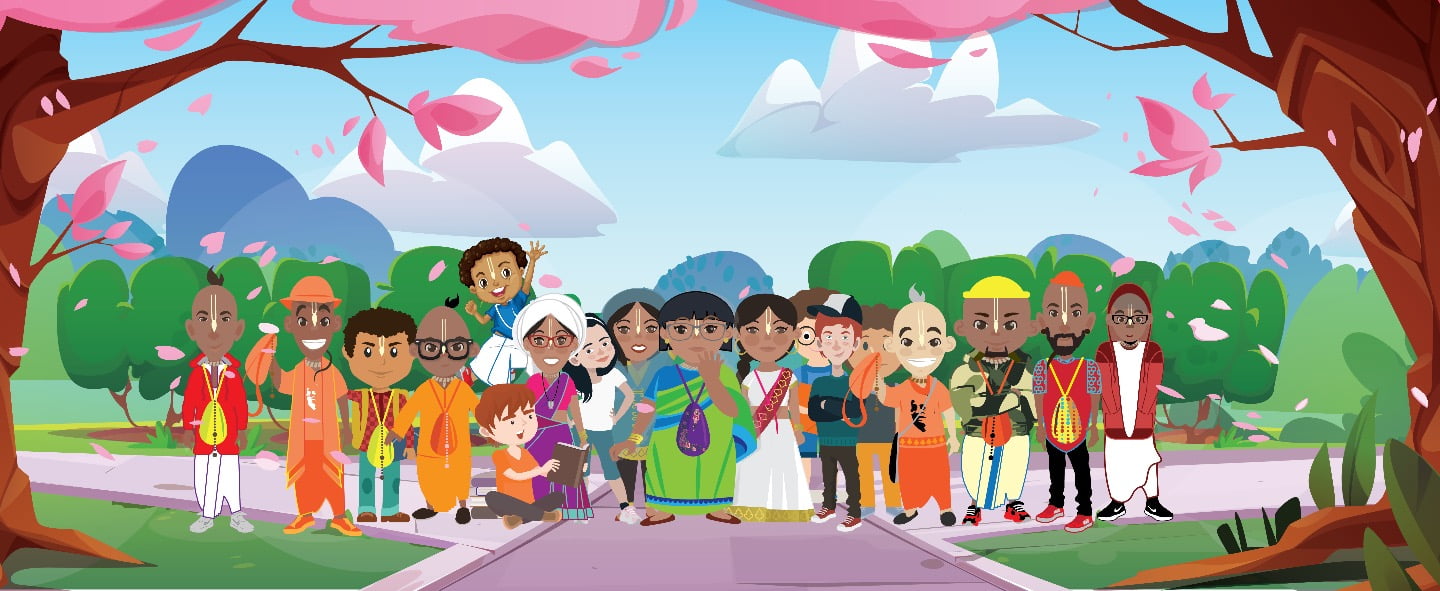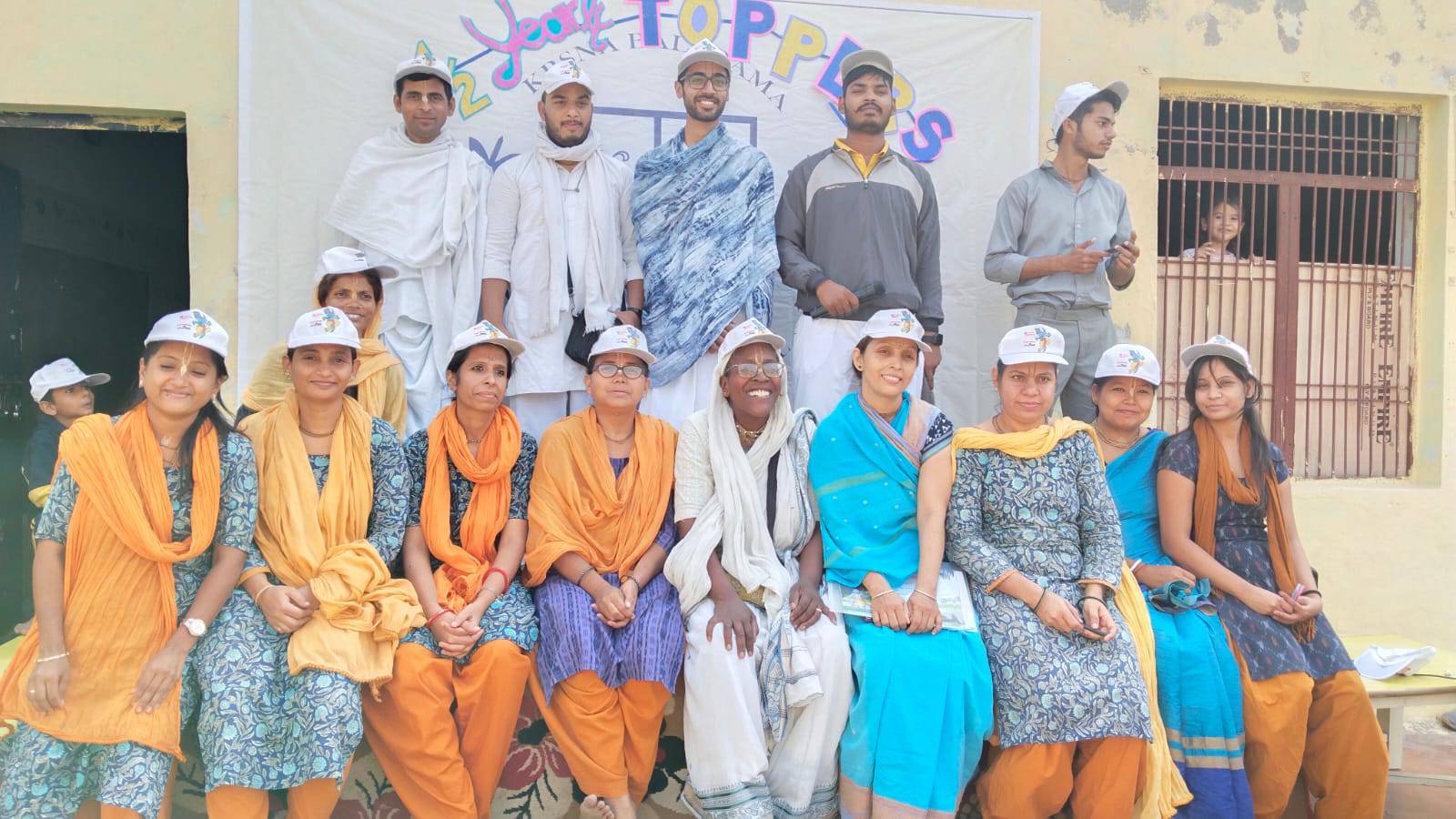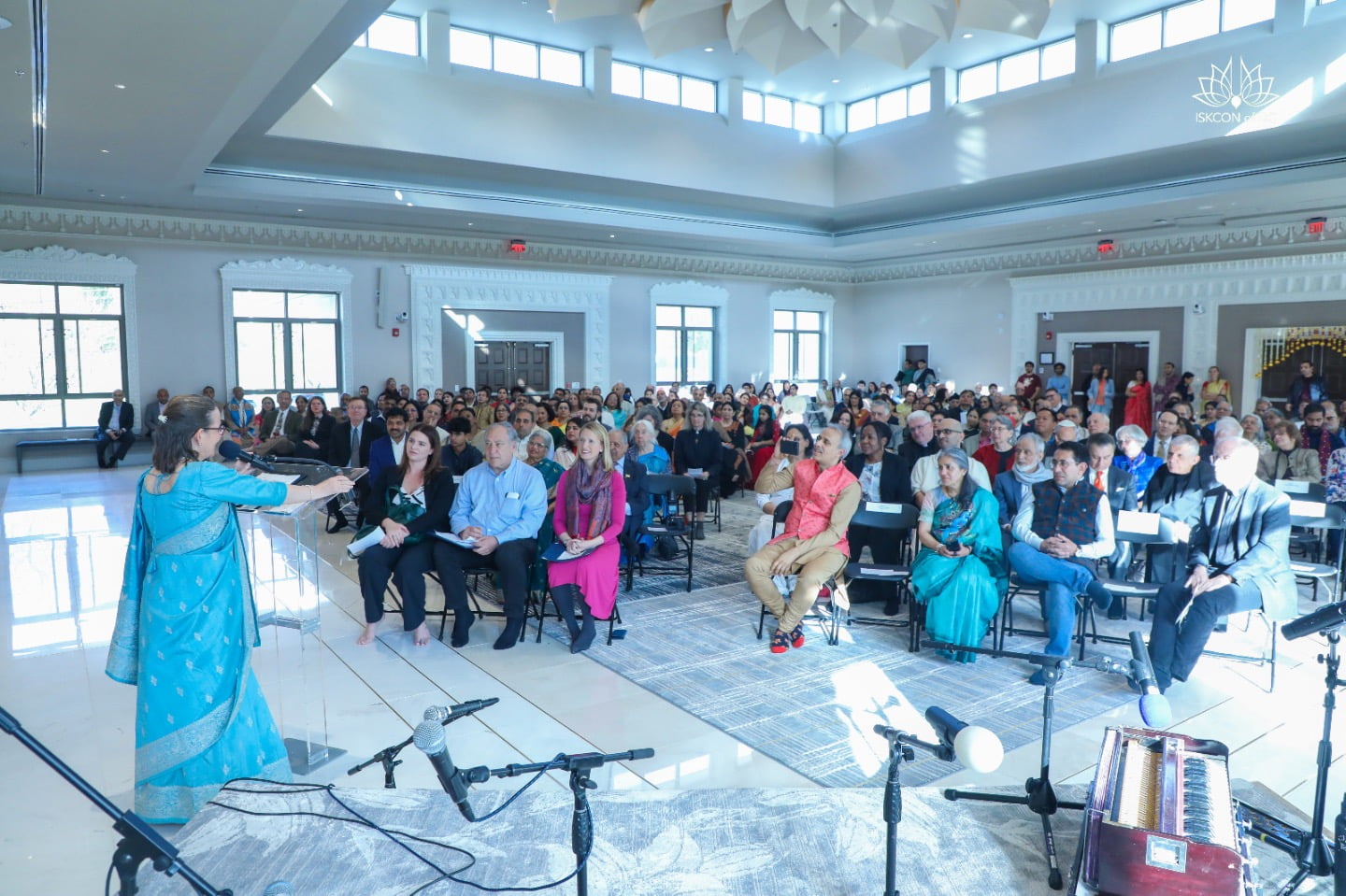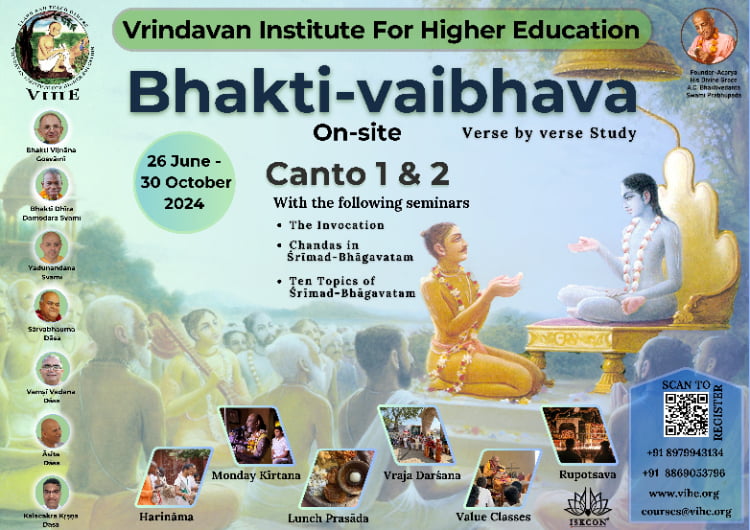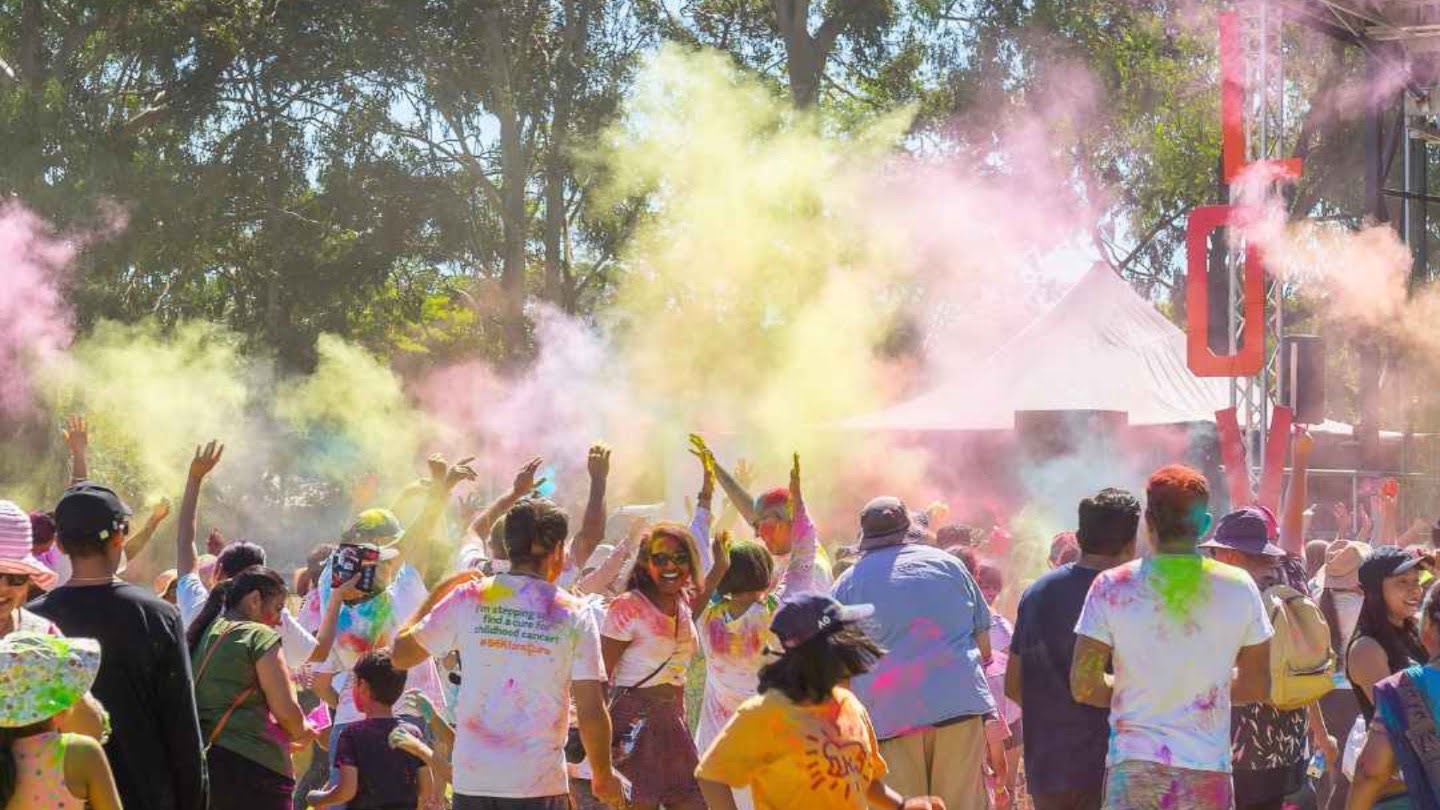Supreme Court Hears`Bong Hits 4 Jesus’ Case
By Daniel Burke/Religion News Service | Apr 03, 2007
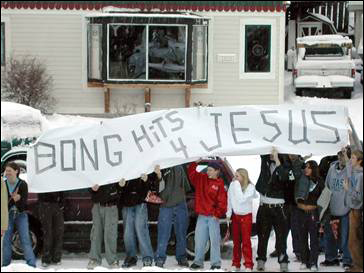
WASHINGTON – The U.S. Supreme Court heard arguments Monday (March 19) in the "Bong Hits 4 Jesus" case, a free speech conflict that has caught the attention of religious litigators nationwide.
Morse v. Frederick is the high court's first student speech case in nearly 20 years, and comes at a time when school administrators and students regularly battle over religious activities in public schools. The case concerns an Alaska high school student who displayed a banner reading "Bong Hits 4 Jesus" as the Olympic torch passed through his town in 2002. After he was suspended, the student, Joseph Frederick, now 23, said his banner was a "free speech experiment" that had no religious or political message. Frederick sued his principal and has been backed by several national Christian law firms. Though they disdain the speech in question, the Christian lawyers are concerned schools may gain the power to censor certain views, from anti-abortion rallies to Bible clubs. At Monday's hearing, the Supreme Court justices jousted with the attorneys over how broadly the court should interpret case law. Kenneth W. Starr, the school's attorney, argued, "To promote drugs is … inconsistent with the basic educational mission of the schools." The former independent prosecutor said he was not trying to "cast a pall of orthodoxy" on the schools, but said administrators must be allowed to suppress pro-drug messages. Under current law, schools are allowed to squelch speech that causes a significant disruption, is vulgar or offensive, or is perceived to be sponsored by the school, such as a school newspaper. Justice Antonin Scalia said it is possible that any speech opposing a school's anti-drug message is "disruptive." "The school is trying to teach one point of view. Can it allow students to come in and undermine what it's trying to teach?" Scalia asked.
While a 1969 court ruling said students' rights do not end "at the schoolhouse gates," Chief Justice John Roberts said that doesn't necessarily make the school an "open forum."
"Can't the school decide to have a viewpoint on drug use, to have a positive message to discourage drug use?" Roberts asked. "Does the school have to be a forum for that debate?"
However, several justices seemed apprehensive of allowing schools to muffle all speech that questions their "educational mission."
"That's a very disturbing argument," said Justice Samuel Alito.
Justice David Souter said: "If someone holds up a sign that says `Change the Marijuana Laws,' why is that disruptive? It's political speech, it seems to me."
Even Starr said allowing schools to ban speech that promotes illegal activity could be problematic, raising "significant questions" about the civil disobedience modeled by the Rev. Martin Luther King Jr. and conscientious objectors, for example.
Justice Stephen Breyer said the case poses a legal dilemma. On one side is a principal trying to run a school full of students who test authority. "And your side limits all kinds of speech in school," he said to Starr. "That's what I'm struggling with," Breyer said. A number of Christian legal heavy hitters, including Alliance Defense Fund, the Christian Legal Society and the American Center for Law and Justice, supported the student with friend-of-the-court briefs. Edwin S. Kneedler, U.S. deputy solicitor general, weighed in on behalf of the schools.
©Religion News Service. All rights reserved




